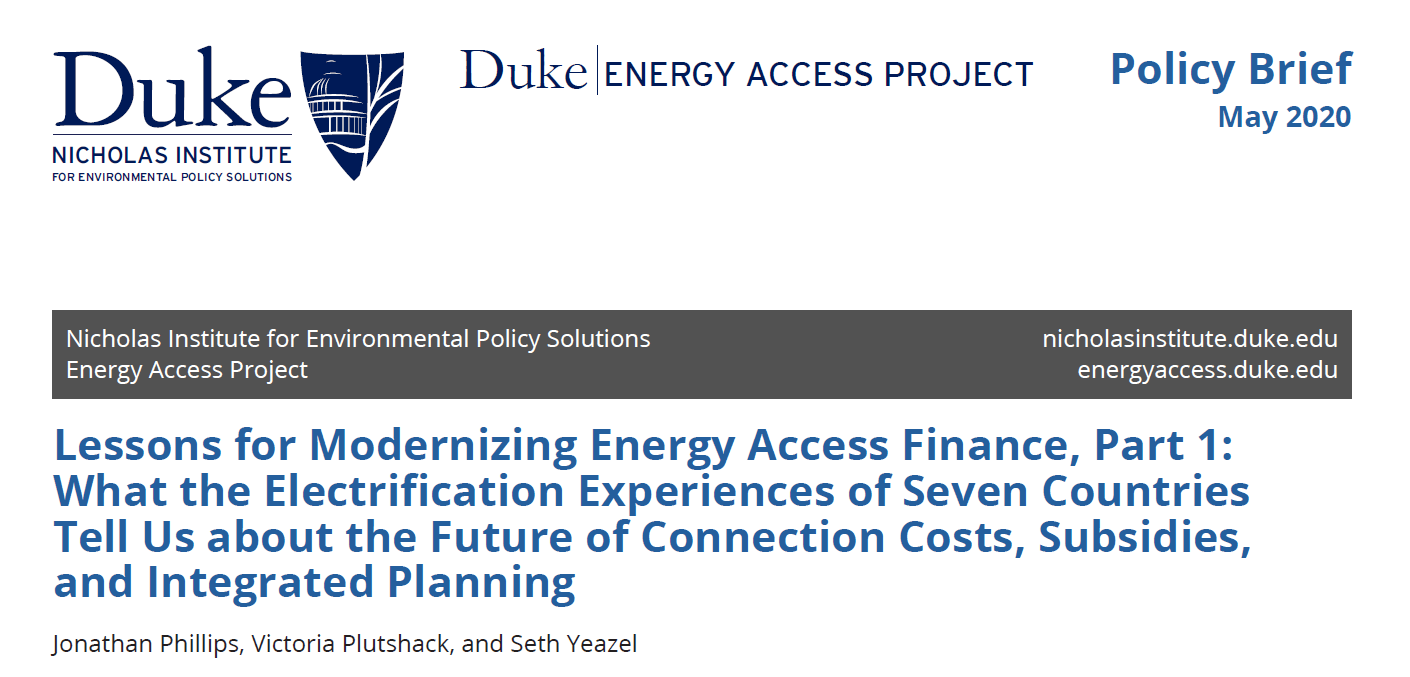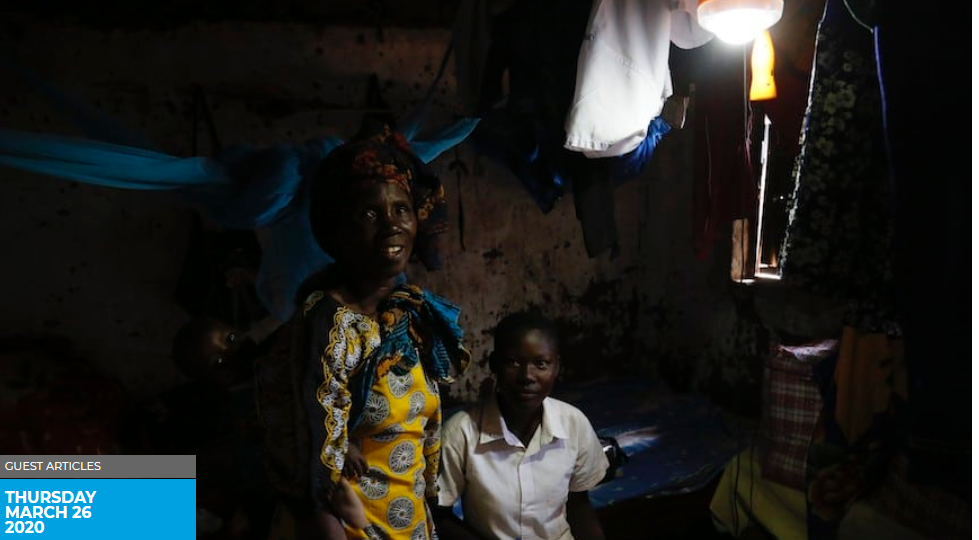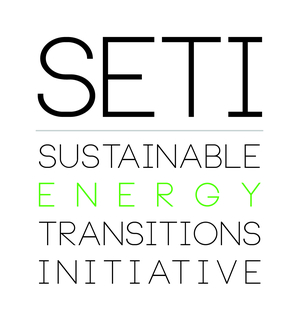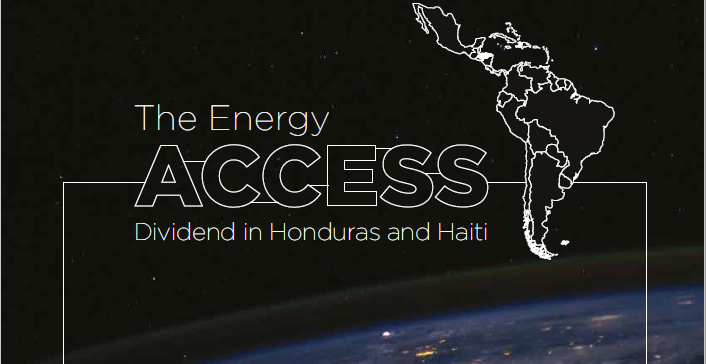In the News

Latin America & Caribbean News
Quantifying Benefits of Accelerated Energy Access – Implications from the Energy Survey in Honduras and Haiti
Learn about the Energy Access Dividend (EAD) and its significance in quantifying and monetizing the benefits of electrification in Haiti and Honduras.
Global Assessment of Electricity in Healthcare Facilities
The Global Assessment of Electricity in Healthcare Facilities provides a comprehensive update on the status and key actions needed for providing reliable, modern energy to health-care facilities in low- and middle-income countries.
What COVID-19 has cost the climate
Climate talks like the annual Conference of the Parties (COP) have led to many climate successes; informal conversations between international stakeholders at COP can become leverage for policy change at home, as seen in the case of Chile’s ambitious voluntary coal retirement scheme.
An off-grid energy future requires learning from the past
The more things change, the more they stay the same. EAP’s latest in the Brookings Future Development blog explores the electrification experiences of seven countries, their program costs and the subsidies required to bridge the gap between the cost of providing last-mile electricity and what poorer customers are able to pay.
New Publication: Lessons for Modernizing Energy Access Finance, Part 1
Countries facing electricity access challenges today have more options and potential electrification pathways than ever before, but the initial cost of connecting new rural customers remains an expensive proposition. This brief explores the successful rural electrification experiences of seven case countries—Brazil, Chile, Laos, Peru, South Africa, Thailand, and Tunisia—looking specifically at the cost of connections and how subsidies and public financing were deployed to address the affordability challenge and facilitate energy access.
New Data and Technologies are Transforming Energy Access
Technologies like geospatial imagery, machine learning and affordable batteries are generating ever more innovative ways to target customers with off-grid energy solutions. But according to analysts at the Duke University Energy Access Project, public policy is struggling to keep up with these rapid-fire developments, leaving vast amounts of human capacity and productivity untapped. They explore how to address this disconnect between government and the private sector.
The Energy Access Dividend
The Energy Access Project at Duke in collaboration with the Inter-American Development Bank and Sustainable Energy For All, have developed an Energy Access Dividend for Haiti and Honduras with the aim of quantifying the electrification benefits forgone over a country’s business-as-usual electrification transition.








